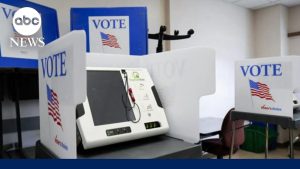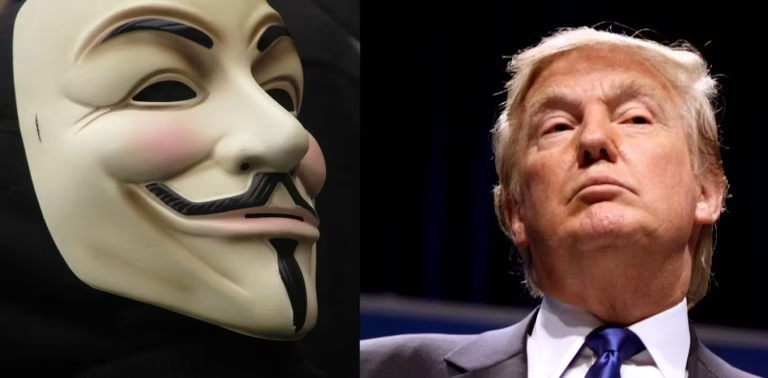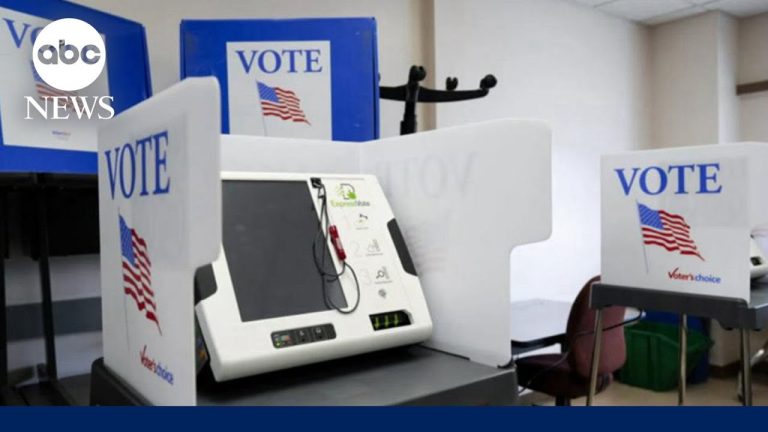-By Jamie Sanderson
February 24, 2012- It’s refreshing to see facts laid out so plainly. Will people finally see the light and realize one party cannot be pleaded with? There’s no compromise or working together with people who are hell bent on stop others from voting.
In an election year dominated by battles over health care mandates, tax rates, and rising gasoline prices, it’s the mechanics of voting – and who’ll get to vote in November – that’s getting full-time attention from state legislators, election lawyers, and judges.
In the latest example, the Virginia state Senate is headed for a vote Friday on a new voter identification requirement – one more indication that the voter ID controversy will keep boiling in legislatures and in the courts right up to Election Day.
These new voter ID laws are being proposed almost exclusively by Republican legislators and governors in states throughout the nation, spawning both litigation and angry rhetoric from Democrats.
Gee, I wonder why. Could it not be the threat of people voting who do not subscribe to the Red State Doctrine being forced down the throats of those living in those red states?
“All of a sudden after the 2008 election, these (voter ID laws) miraculously appear,” said Rep. Frederica Wilson, D- Fla. at a recent anti-voter ID event at the Capitol. “Why? Because we have a black president in the White House and it is to stop all of the people of color from … coming out to vote, because they (the proponents of voter ID laws) know who they are targeting …”
And that, my friends, is the truth.
In South Carolina’s case:
Last December, the Justice Department denied approval of the state’s voter ID law requiring voters to present photo identification that Gov. Nikki Haley had signed in May. Under Section 5 of the Voting Rights Act, South Carolina is one of nine states that must seek approval, or “pre-clearance,” from the Justice Department or a federal court in Washington, D.C., in order to make any change in voting procedure.
State Attorney General Alan Wilson brought suit in federal court, arguing that the requirements “are at most a temporary inconvenience” to some voters. The state contended that its law was nearly identical to one enacted by Indiana and upheld by the Supreme Court in 2008. Therefore barring South Carolina from doing what Indiana had done would “raise serious constitutional concerns” about whether Section 5 “violates South Carolina’s right to equal sovereignty.”








